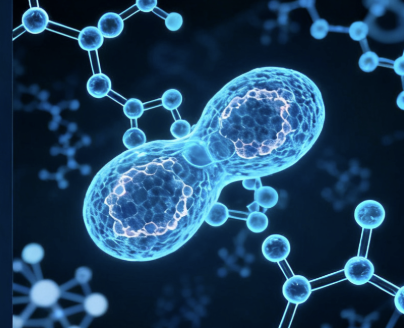- +852 4750 3485
- info@mycancerinfo.org

A biopsy is a medical procedure in which a small sample of tissue or cells is removed from the body so it can be examined under a microscope. Unlike imaging tests (X-ray, CT, MRI, PET, Ultrasound), which show pictures, a biopsy provides a definitive diagnosis by allowing pathologists to study the actual cells.
Biopsies are often the only way to confirm cancer.
Learn how liquid biopsy and chemo sensitivity testing can personalize your treatment plan.
Gain knowledge to actively participate in treatment discussions with your healthcare team.
Discover how precision medicine and metabolic therapies can enhance treatment effectiveness.
Empower yourself with knowledge about precision metabolic oncology and take an active role in your cancer care journey.
Our team of oncology experts is here to help you understand your diagnosis and treatment options.